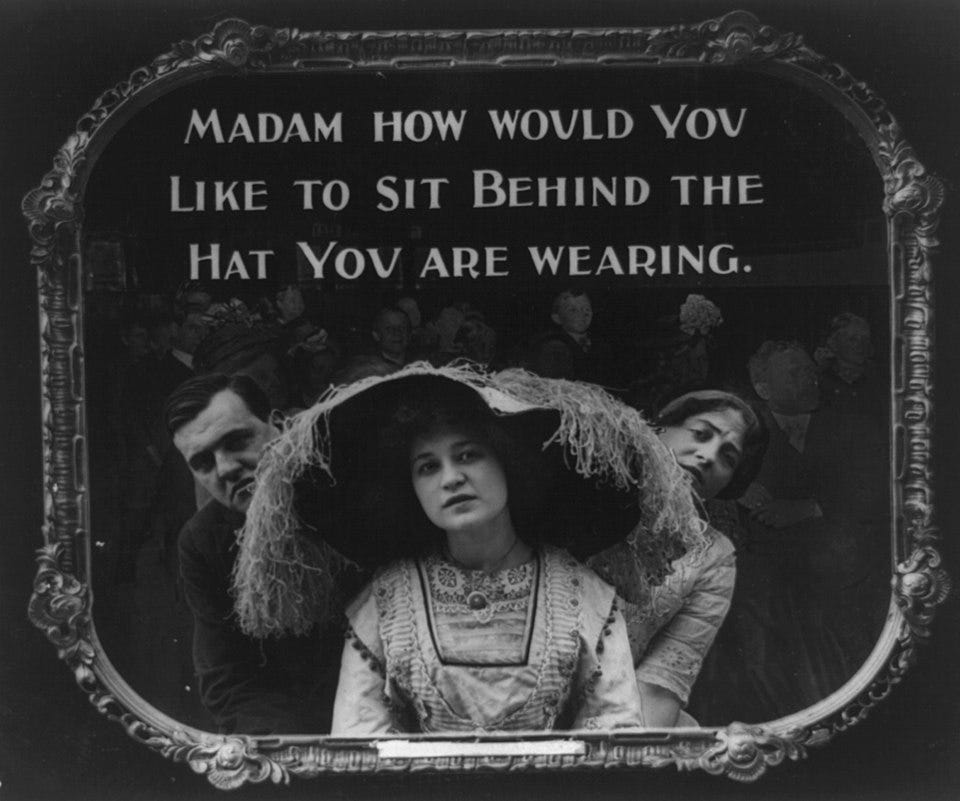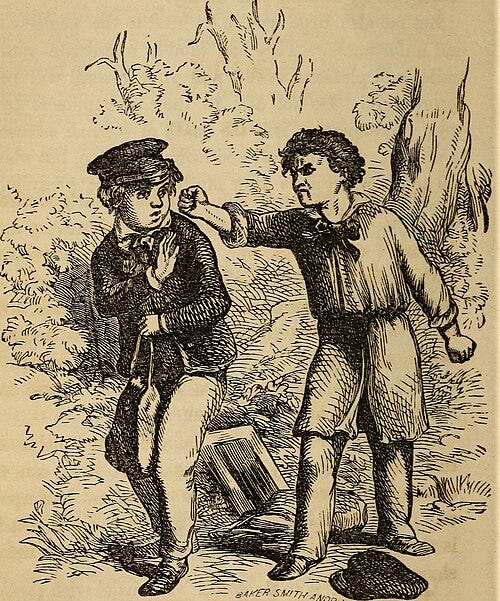Timeless Civility: A 19th-Century Call for Kindness and Humility
The following article, published in the Dodge City Times on October 20, 1877, offers a timeless reflection on the nature of good manners, emphasizing their foundation in kindness and consideration for others.1 Written in an era when social conduct was a cornerstone of community life, this piece critiques the selfishness and vanity that undermine civility, using vivid examples to illustrate how thoughtless actions impact those around us. Its observations remain strikingly relevant today, reminding us that true politeness stems from humility and an awareness of our shared humanity. Below is a full transcript of this historic article, preserved as a window into the social values of late 19th-century America.
Good Manners.
The essence of good manners is kind thoughtfulness of others. The man who goes to his room in a hotel stamping and talking through the corridor, slamming his door, and flinging his boots down heavily upon the floor, is merely brutally selfish. He is not aware that he owes duties to other people who will be affected by his conduct. He does not think that he rudely awakens some one to whom sleep is indispensable, and whom he has no right to disturb. Haydon’s picture of the man in the chop-house waiting for the Times, which his neighbor has held for an hour, and is evidently bent upon holding until he has read all the advertisements, is an illustration of this common selfishness. The talk and conduct in the cars are generally signs of vanity or a morbid self-consciousness. A well bred man keeps his toothaches and headaches to himself, and does not assume that strangers are interested in his digestion. A well bred woman keeps her children quiet, and does not assume that all her fellow-travelers must share her fondness for them. If Mrs. P., with her vivid sense of Mr. P.’s peculiarities and of her fine house and equipage, could only once know how supremely unimportant any individual is, how well the world fared before Mr. P. arrived, and how unshocked the universe will be by his departure, she would be a modest and well mannered woman. That knowledge, indeed, would be a general corrective of manners. A certain kind of personal conceit often accompanies undeniable superiority. There are men, like Lord Chatham, who like to have their going and coming regarded as events, to move with a pompous bustle, and to be constantly regarded as great men. But if they could only know it, that very taste is constantly accounted to them for weakness, and their influence is just as far lessened.

“Good Manners,” Dodge City Times (Dodge City, KS), October 20, 1877, Chronicling America: Historic American Newspapers, Library of Congress, https://chroniclingamerica.loc.gov/lccn/sn84029838/1877-10-20/ed-1/seq-3/.




